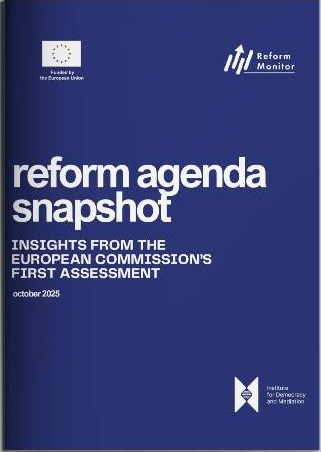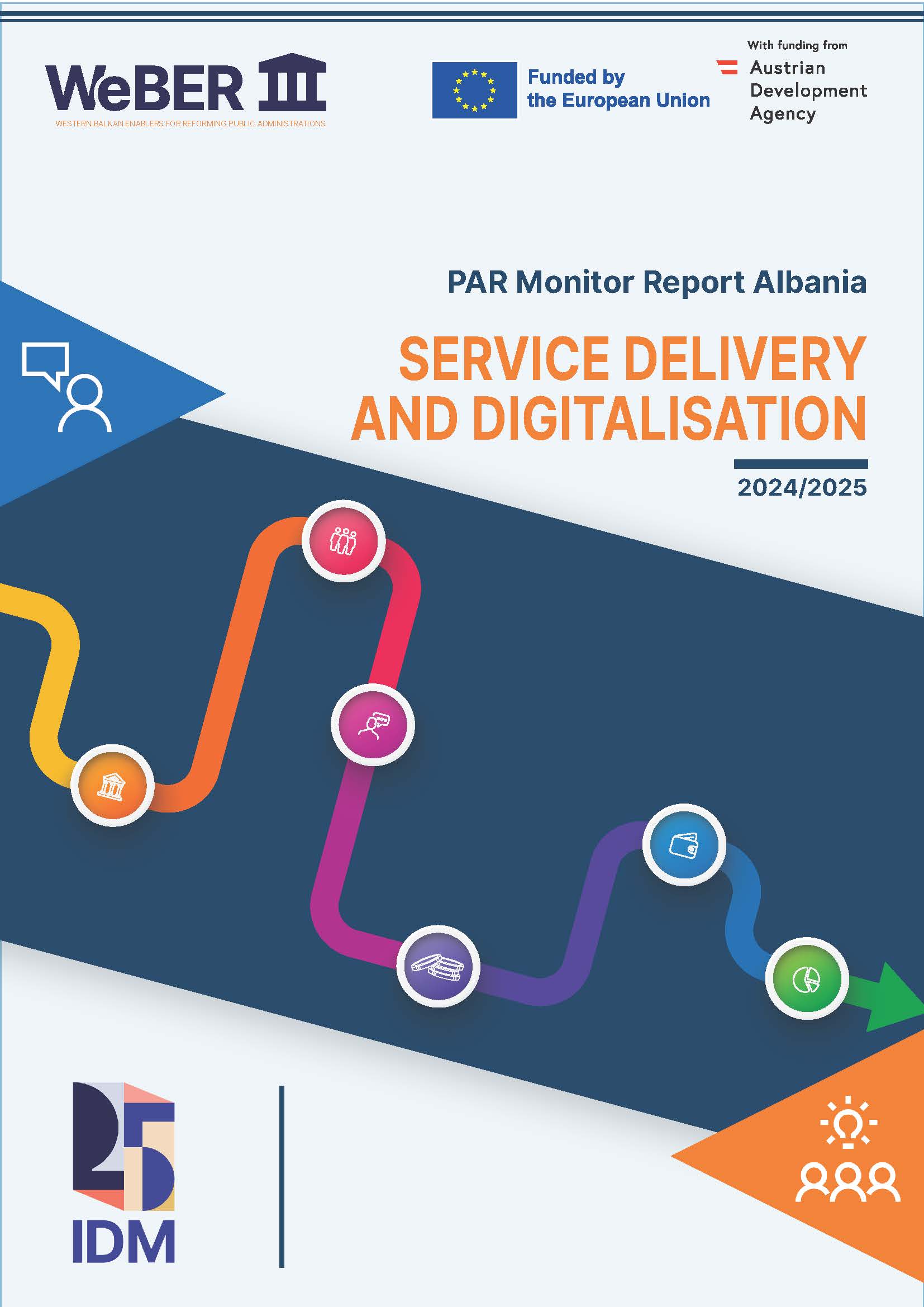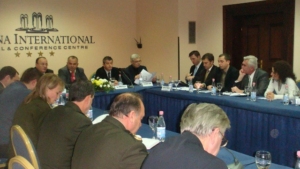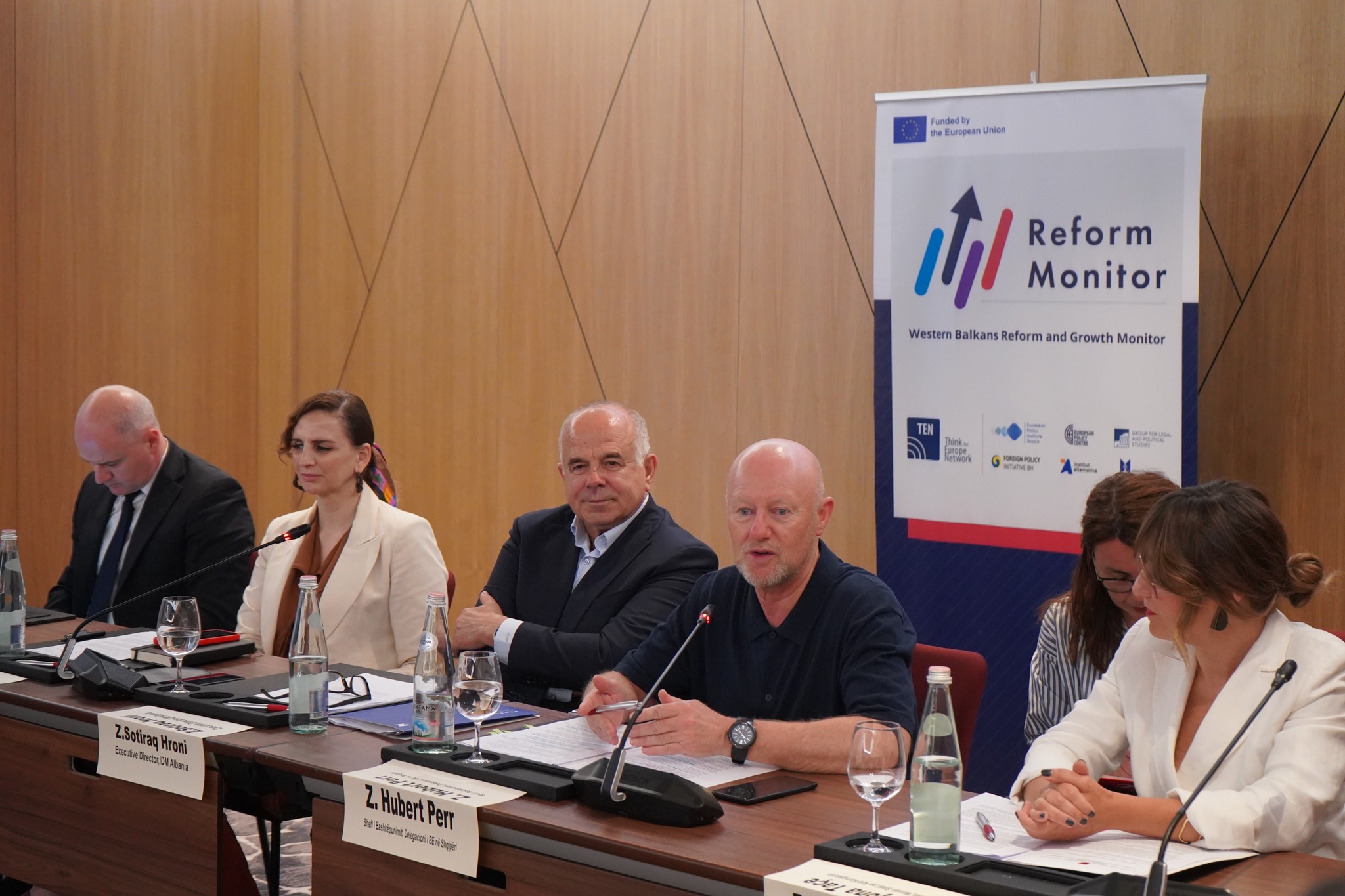ROUNDTABLE – December 2nd, 2009
The roundtable discussion on developing the National Security Concept and National Security Authority was organized on December 2nd, 2009. It was attended by approximately 35-40 representatives from the state institutions (Ministry of Defense, Ministry of Foreign Affairs, Ministry of Interior, and National Secret Services etc), civil society (including environmental NGO’s), independent experts, media etc. The event surprisingly sparked some media attention and various main TV channels covered the activity.
[divider style=”simple”]
Introductory remarks were made by Executive Director of IDM, Mr Sotiraq Hroni as regards the importance of the research concerning the revision of national security strategy and national security authority. He noted that the research intended to provide expertise and raise awareness or inform the political elites, public authorities, lawmakers as well as the public opinion regarding the re-conceptualization of the outdated National Security Strategy and the revision of the institutional structure of National Security Authority. During the first session of the event, 2 representatives – authors of the policy briefs, presented the main issues and findings in these studies.
Mr. Arjan Dyrmishi summarized the main findings of the reference paper: Evaluation of National Security Decision-Making Structures.This study analyzes the Decision-making Structures of the National Security and tries to assess how adequate and well-coordinated these structures are in order to generate stable security policies and guarantee their effective implementation.
Mr. Hide provided a brief summary of the main issues, conclusions and recommendations of the paper “Developing a National Security Strategy”. This Policy Brief focuses on some key aspects missing from any public, academic or political debate in Albania regarding the reevaluation of our national security strategy. It also aims at raising awareness among key actors regarding this issue.
After the presentations, lively discussions took place during the second session of the event. Former General Prosecutor and in the same time Former Legal Adviser of the President, Mr. Theodhori Sollaku expressed some concerns and dilemmas regarding the evolvement of the National Security Authority, stressing the chaotic situation that currently exists due to (according to him) the gaps in the constitutional/legal framework which should be corrected. The prominent journalist – Director of “Ora News” TV – Mr. Alfred Peza, followed the discussions of the roundtable by giving remarkable views of reassessing the components of National Security Strategy according to realistic evaluations based in a in-depth analysis of the security state in Albania. He noted that overwhelmingly previous strategic documents drafted in the last 15 years have been formal and difficult to implement due to lack of engagement from the interested public institutions. In the same time he criticized the tendency to draft strategic documents based on occasional/accidental events rather than real needs and trends. Colonel Foto Duro, from the Armed Forces, noted that the Armed Forces should have their limited responsibility in the drafting of security strategies, only regarding the issues that have to do with the military.
Former President Mr. Rexhep Meidani gave important feedback on how to restructure the Authority of National Security according to the governing system that Albania has embraced in the transition to democracy. Nonetheless he noted the risk that if this a unique body concerned with National Security would be dependent on the executive branch, the authority of the president would be neglected, jeopardizing the power balance. Nonetheless most of the participants agreed that whatever the structure would be there is a need for legal arrangements and changes (even if constitutional changes, if there is a need) to allow a better definition of tasks, competences and responsibilities of the National Security Authority and dependent organizations/institutions. On the other hand, Mr. Arshi Cela, Professor in the Military Academy in Tirana, raised the issue related to the division of authority in security policies and the gaps that exist in the implementation process. Deputy Director of National Security Service (SHISH) Mr. Ylli Alushi stressed the necessity for inter-institutional cooperation in order to achieve common goals and tasks concerning national security. He was followed by the General Director of Civil Emergencies Mr. Alfred Olli (Ministry of Interior), who spoke about institutional coordination as a requisite for facing civil emergencies.
Mr Xhemal Mato, representing the environmental organizations, stressed the necessity to include in the national security strategy the contemporary threats related to environmental factors such as the global warming, environment degradation. A representative from the Academy of Science added that cyber security is another issue which is poorly represented in current strategic documents and needs particular attention in the framework of strategic documents which assess the threats and risks of national security. The meeting brought into the conclusion, that such initiatives are very useful. It was agreed that IDM would prepare a detailed report based on the recommendations and discussions of the round-table, as well as on the findings of the research. This report would be delivered to the main state institutions, responsible the governance and the development of future National Security Strategy.










